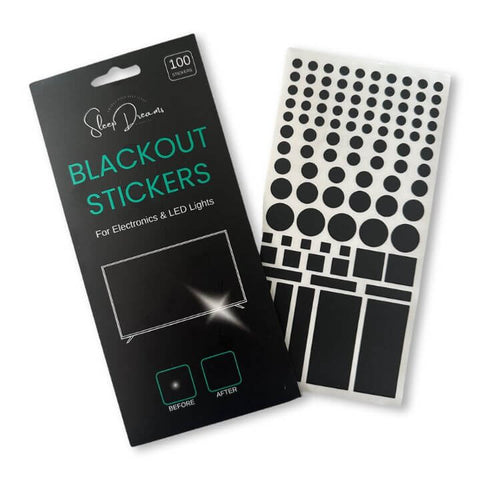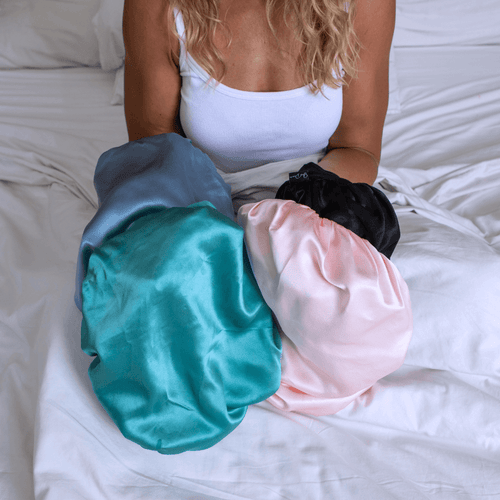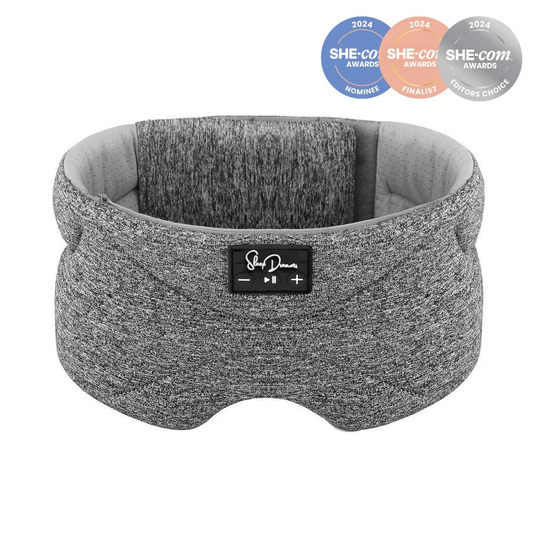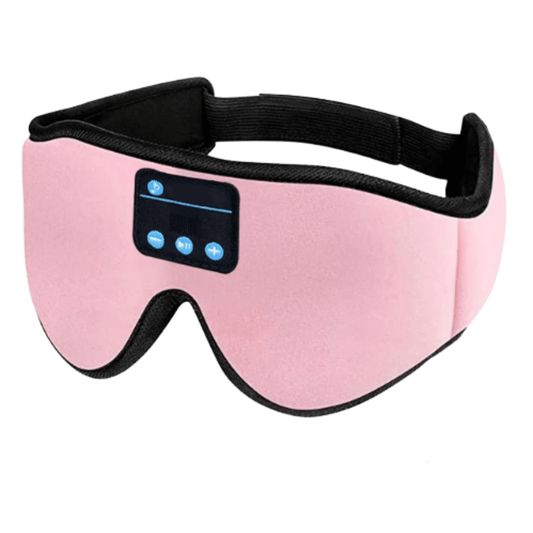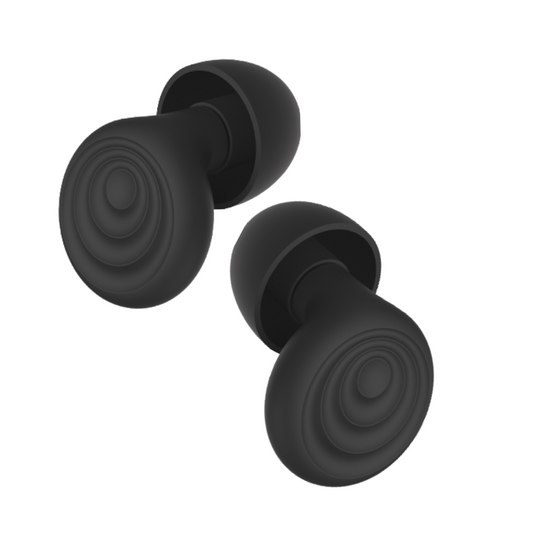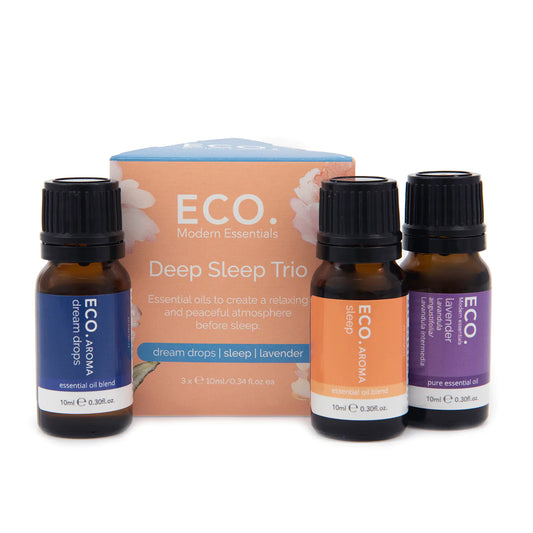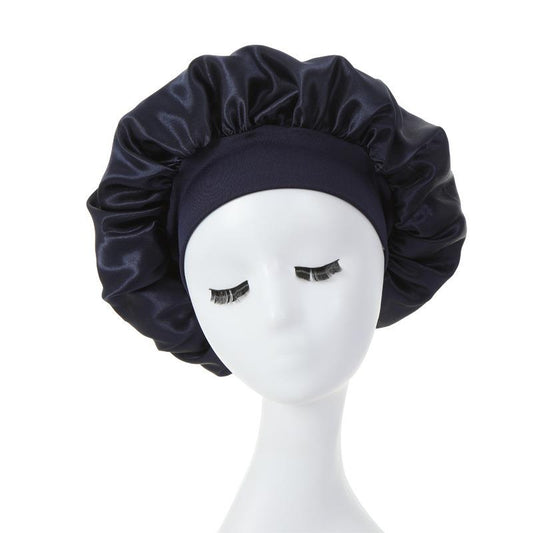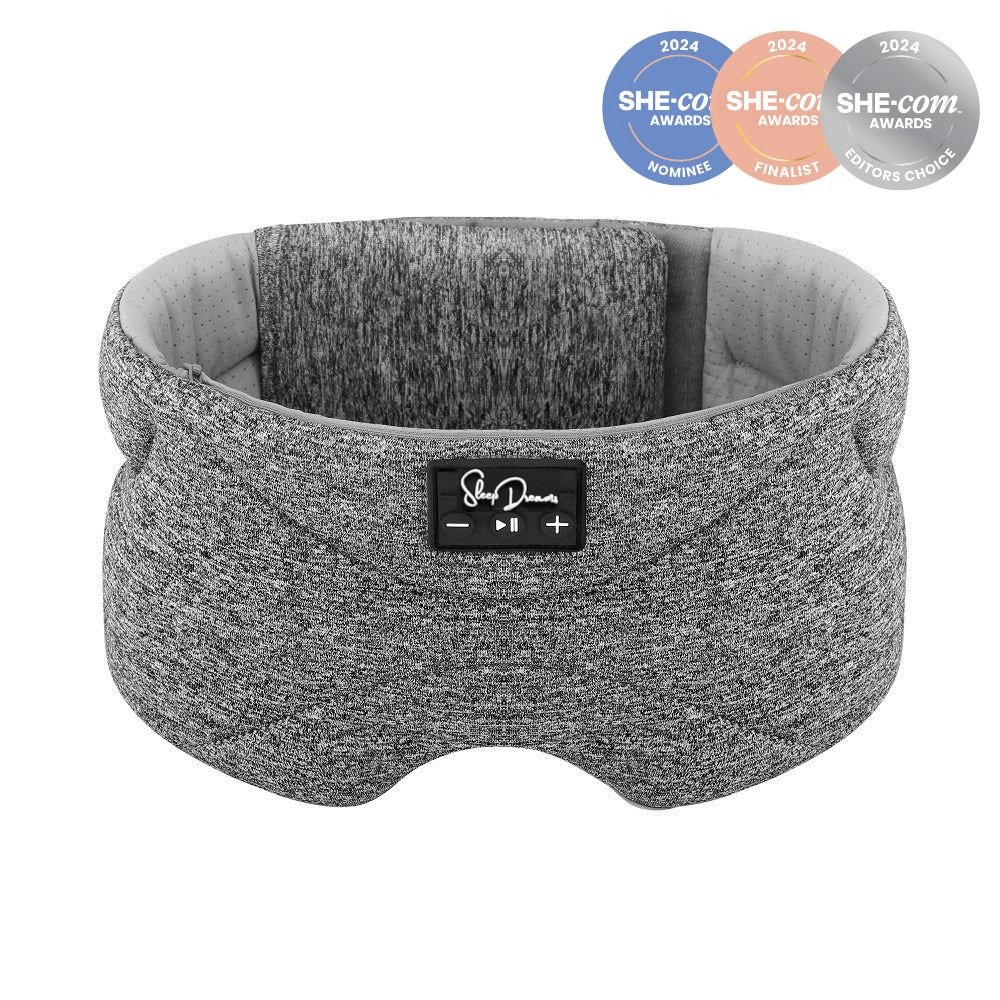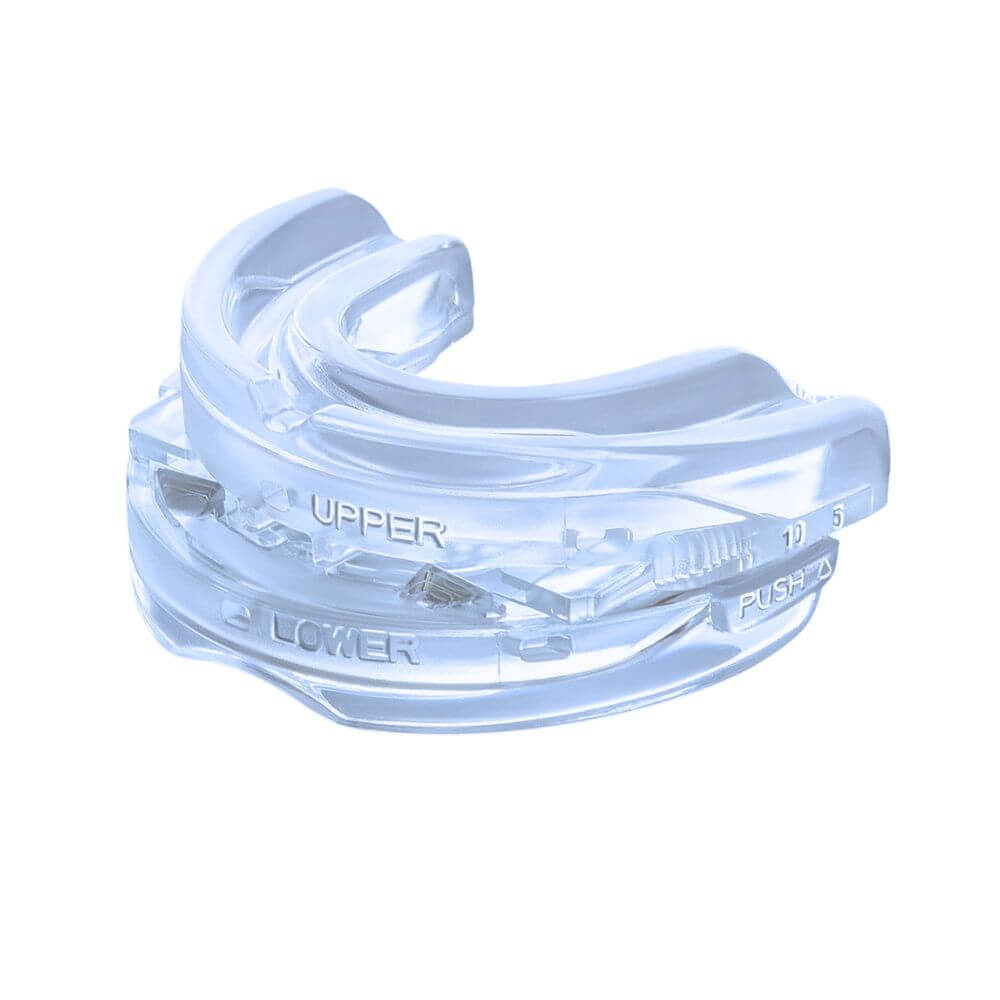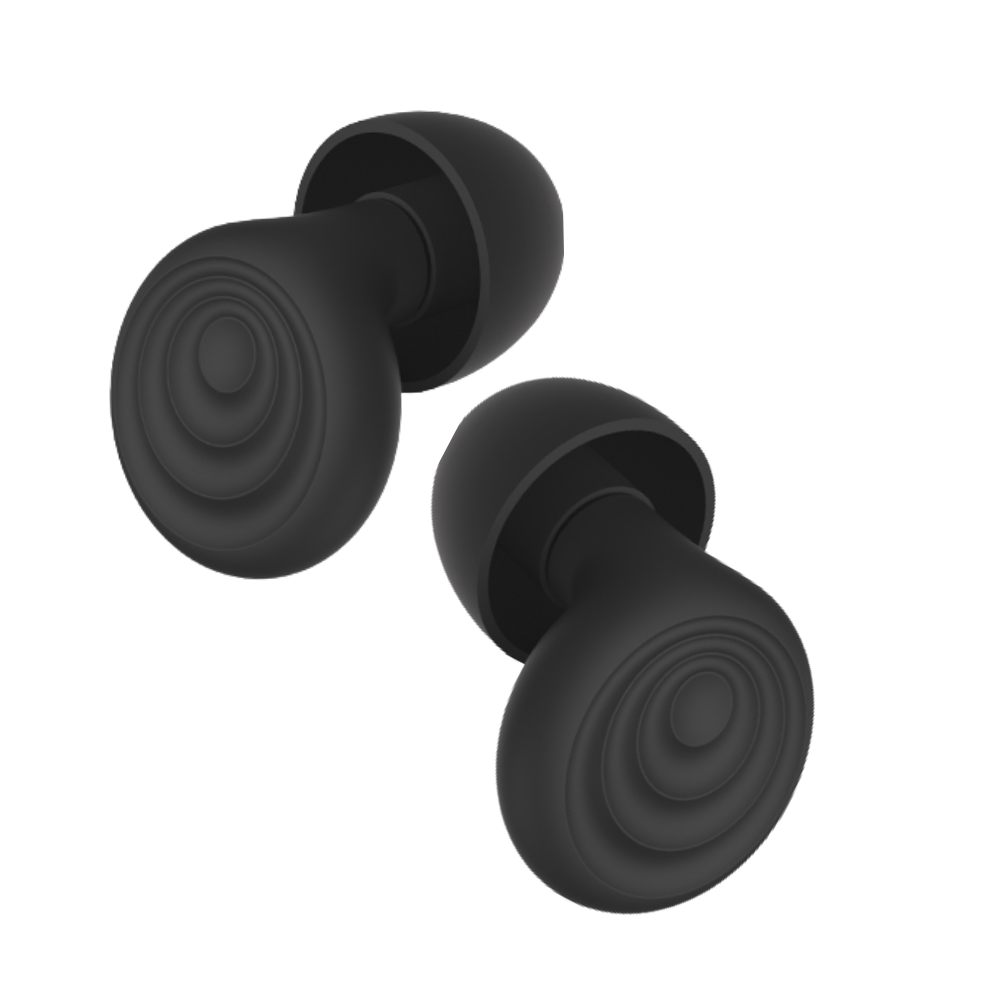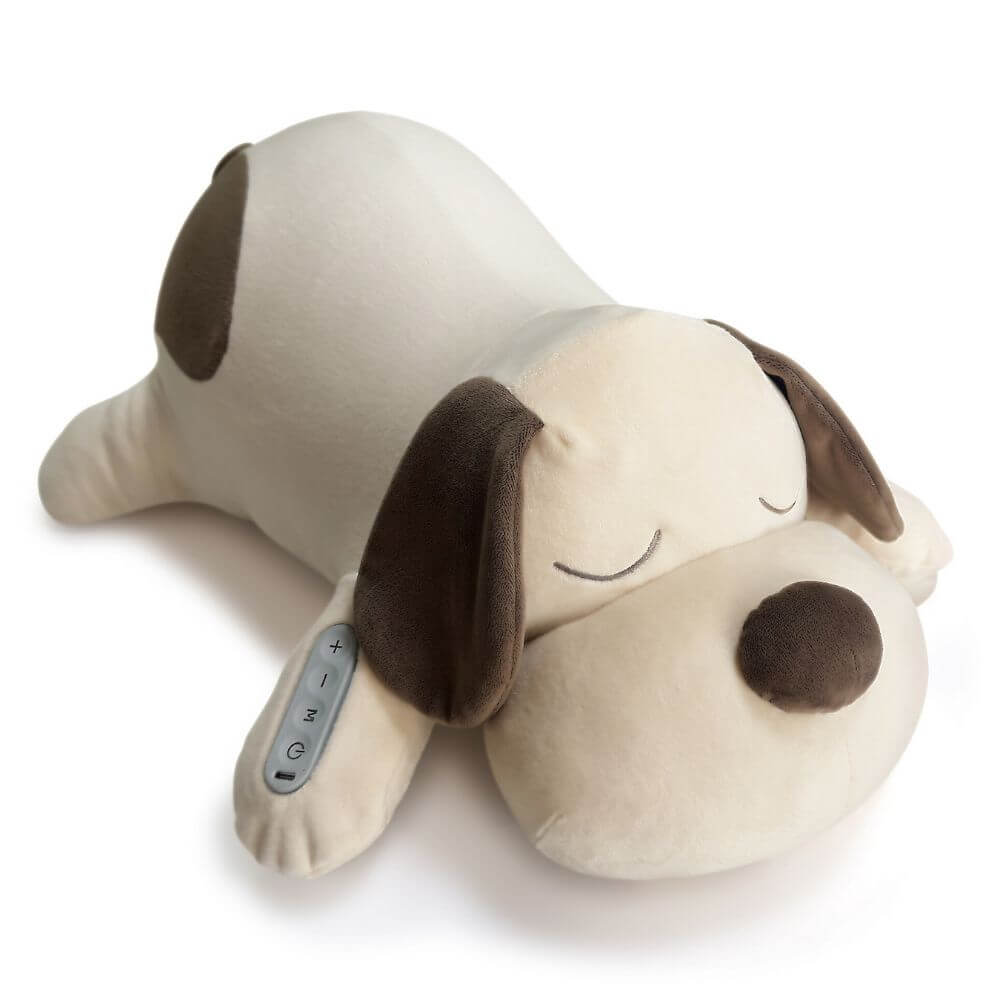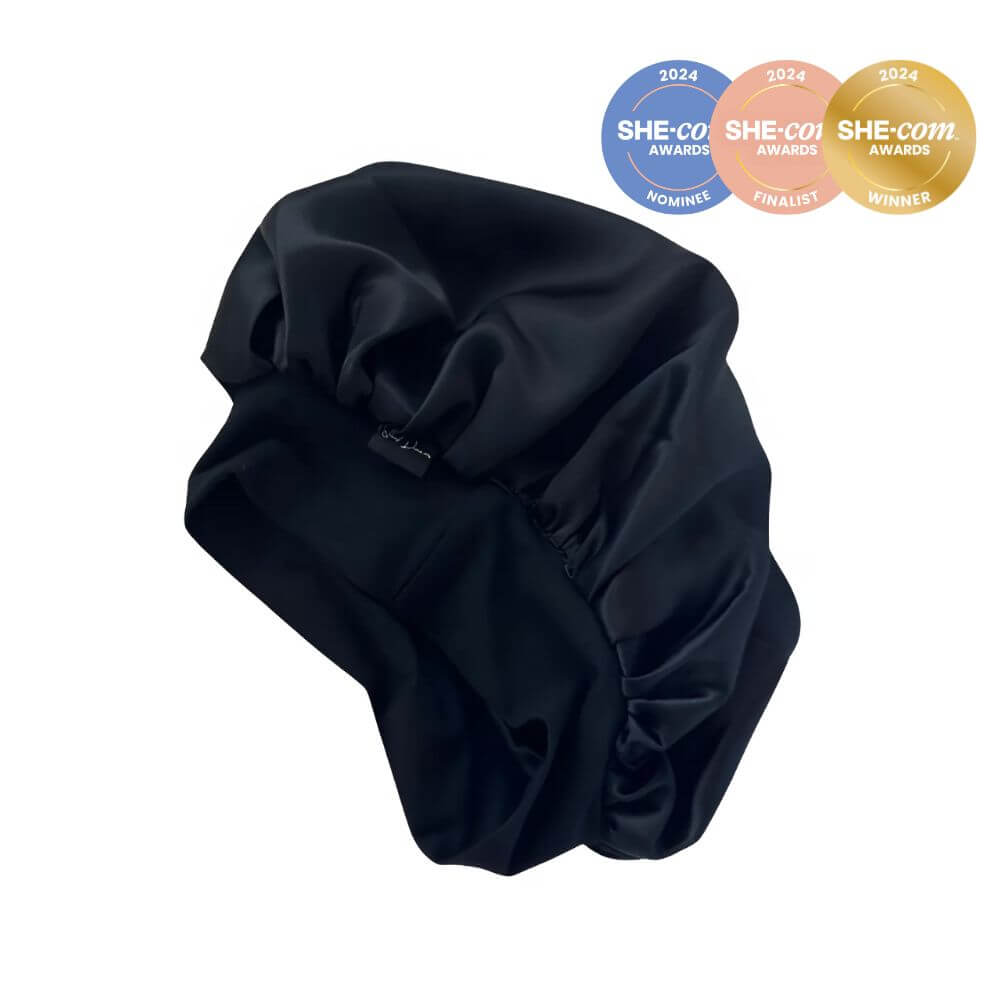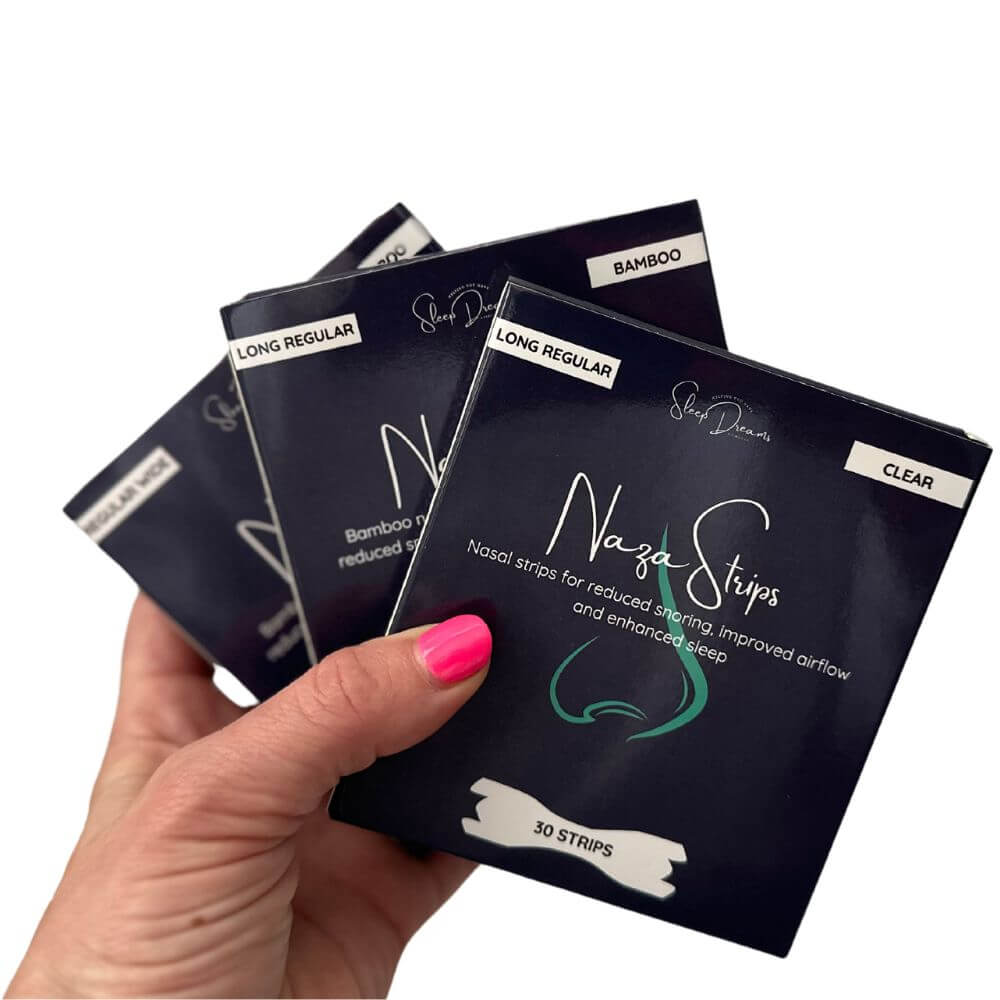How is it that some people seem to be able to fall asleep with headphones on? How do they do it? It maybe when you have tried you find it's very uncomfortable. Is it actually ok to sleep with headphones on and is it safe, especially for in-ear headphones?

In summary, using headsets and in-ear headphones can cause headaches when used for a long period of time, especially if they are wired or bulky they can be quite uncomfortable. After all our research, we have found the safest way to sleep with headphones on is to use a sleep mask with wireless ultra-thin speakers built into the mask that are specifically designed for sleep.
For those seeking a more in-depth exploration, the following is an overview of the research we examined in order to arrive at this conclusion.
The Benefits Of Sleeping With Headphones On
In a world filled with constant noise and distractions, the pursuit of a peaceful night's sleep has led individuals to explore innovative strategies. One intriguing trend that has gained attention is the practice of sleeping with headphones on. This unique approach to bedtime is driven by a multitude of reasons, each catering to the diverse needs and preferences of sleep seekers. Lets explore some of them:
- Drowning Out Snoring Partner: Sleeping beside a snoring partner can be a nightly challenge. Wearing headphones allows one to play soothing sounds or white noise that effectively mask the disruptive snoring, promoting a more peaceful sleep environment.
- Listening to Soothing Sleep Stories or Podcasts: For those plagued by a racing mind at bedtime, headphones offer a gateway to relaxation. Engaging sleep stories, guided meditations, or calming podcasts can divert mental chatter and usher in a sense of tranquility, facilitating a smoother transition into slumber.
- Blocking Noisy Neighbors: In urban environments, the sounds of bustling neighbors or street activity can intrude on sleep quality. By wearing headphones, individuals can cocoon themselves in a cocoon of serene audio, creating a buffer against external disturbances.
- Tinnitus Relief: People with tinnitus, a condition characterised by ringing or buzzing in the ears, may use headphones to play white noise or calming sounds to mask the bothersome tinnitus sounds, helping them fall asleep more peacefully.
- Shift Work or Irregular Schedules: Individuals who work night shifts or have irregular schedules might need to sleep during the daytime when there's more ambient noise. Headphones can create a controlled sleep environment by blocking out disturbances.
- Sensitive Sleep Environment: Some individuals are more sensitive to environmental stimuli like light and sound. Headphones can provide an extra layer of sound insulation, ensuring a quiet and serene sleep space.
- Sleep Meditation and Relaxation: People who practice meditation or relaxation techniques before sleep might use headphones to listen to guided meditation or calming music, aiding in relaxation and promoting a restful night's sleep.
- Reducing Anxiety: Listening to calming music or guided breathing exercises via headphones can help alleviate anxiety or stress, creating a conducive mental state for falling asleep.
- Familiarity and Comfort: For travellers or those in unfamiliar sleeping environments, wearing headphones with familiar sounds or music can create a sense of comfort and normalcy, facilitating better sleep.
- Cognitive Distraction: Similar to using podcasts to distract a racing mind, some individuals may listen to audiobooks or engaging stories to divert their thoughts from stressors and worries, making it easier to drift off.
- Temperature Sensitivity: In colder climates, wearing headphones can help keep the ears warm, making it more comfortable to sleep, especially for individuals who are sensitive to temperature changes.
- Privacy in Shared Spaces: People living in shared accommodations like dormitories or hostels might use headphones to maintain privacy while sleeping, avoiding disturbances from roommates or neighbours.
- Enhancing Lucid Dreaming: Some sleep enthusiasts experiment with binaural beats or specific sound frequencies through headphones to encourage lucid dreaming or vivid dream experiences.
Potential Health Risks Of Traditional Headphones or in-ear headphones
There are potential health risks associated with sleeping with traditional headphones. While sleeping with headphones can offer a haven of tranquility, it's important to consider potential health risks that may arise from this practice.
- Eardrum Sensitivity and Noise Exposure: One of the primary concerns associated with using traditional headphones during sleep is the risk of gradual damage to your delicate eardrums. Prolonged exposure to loud sounds, especially when the headphones are set at a high volume, can pose a threat over time. With headphones tailored for sleep, the speakers are positioned at a greater distance from your ears, ensuring safer noise levels but still offering noise-cancelling capabilities.
- Thermal Discomfort and Skin Irritation: As the night wears on, traditional headphones can contribute to an unexpected discomfort – excessive warmth. The heat generated by these headphones, coupled with the natural tendency of the body to regulate temperature during sleep, can result in increased perspiration. The accumulation of sweat around the ears and head can lead to skin irritation, fostering an environment ripe for discomfort. The soothing sounds that once lulled you to sleep might now be accompanied by an unsettling sensation of stickiness and itchiness, detracting from the restorative sleep you seek. Sleep headphones are designed to be cooling and do not get hot throughout the night de-risking the discomfort.
- In-Ear Headphones and Ear Infections: For those who opt for wireless in-ear headphones, an additional concern comes into play: the risk of ear infections. The design of in-ear headphones can inadvertently promote the accumulation of moisture and, subsequently, bacteria within the ear canal as well as earwax buildup. Prolonged use during sleep can exacerbate this risk, potentially leading to painful ear infections. Unlike specially designed sleep earplugs, which are crafted with hygiene in mind and can be easily cleaned, traditional in-ear headphones lack this advantage. We do not recommend using in-ear wireless earbuds that deliver sound as they are not beneficial for you, if you prefer earplugs for sleep we recommend silicone.
- Wired Headphones and Sleep Disruption: Another potential health concern stemming from the use of traditional headphones during sleep revolves around the web of cables that often accompanies them. While these cables serve as conduits for audio, they can also introduce an unexpected element of disruption to your sleep sanctuary. Wireless headphones that are designed for sleep completely reduce this disruption and help ensure you get that deep sleep you so desperately need.
Wireless Sleep Headphones – A Smart Choice
If the notion of drifting off to sound appeals to you, yet you're wary of potential hearing damage or ear discomfort, contemplate the option of taking sleep headphones to bed. There are a variety of different types of headphones that are ideal for sleep and that can be used for prolonged periods of time.
The most popular choice with our customers is the Deluxe SleepSoftly Headphones. These are the main key benefits for sleep seekers:
- Increasing the amount of quality sleep you achieve each night
- Block out light due to them being integrated into a traditional eye mask
- Delivers sound quality that's next to none, enjoy music therapy and sleep sounds
- Noise-cancelling headphones to block out external noises & loud noises
- They stay put during your sleep regardless of the sleep positions you prefer
- Hours of playtime due to the long-life battery
- Ultra-thin flat speakers that cannot be felt by side sleepers
- Pair with any Bluetooth device that plays sound
- Adjustable volume and control panel built in, no need to use your phone to control
- Light pressure around your eyes, with adjustable velcro strap for different head sizes
- Light sleepers find these especially effective as they provide extra comfort and block out external noises



